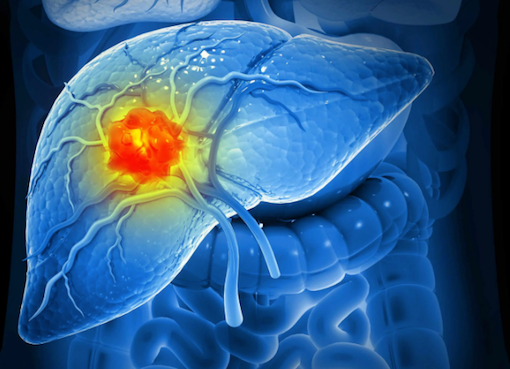
image credit- shutterstock
A study led by clinician-scientists and scientists from the National Cancer Centre Singapore (NCCS) and A*STAR’s Genome Institute of Singapore (GIS) and funded by the National Research Foundation Singapore (NRF) has discovered unexpected molecular heterogeneity even within the same liver tumours.
More than 40% of hepatocellular carcinoma (HCC) harbours more than one molecular subtype within the same tumour and in these, the clinical outcomes for the patients are best predicted by the most aggressive subtype.
This phenomenon, termed the 'bad apple effect', has significant implications on the understanding of liver cancer and suggests that a more holistic sampling of liver cancer tumours, is needed to improve the way the disease is studied and treated to optimise patient outcomes.
In Singapore, liver cancer is the third most common cause of cancer deaths in males and fifth most common cause in females . HCC, the most common type of primary liver cancer, is the only common solid organ cancer without any validated predictive biomarkers. This means that doctors are unable to use molecular biomarkers to determine which drug is best for an individual patient with HCC.
This is one of the reasons why treatment is less effective compared to other common cancers. The case-fatality ratio of HCC today is 0.92—the highest amongst all cancers in Asians.
To address this unmet clinical need and improve the treatment of HCC, the PLANet study (Precision Medicine in Liver Cancer across an Asia-Pacific Network), analysed over 600 tumour and adjacent normal samples that were surgically resected from 123 HCC patients from Singapore, Malaysia, Thailand and the Philippines.
This study has found that co-localisation of biomarkers is important to the biology of HCC and will be key to making progress in the development and discovery of novel and more effective treatments for HCC.




